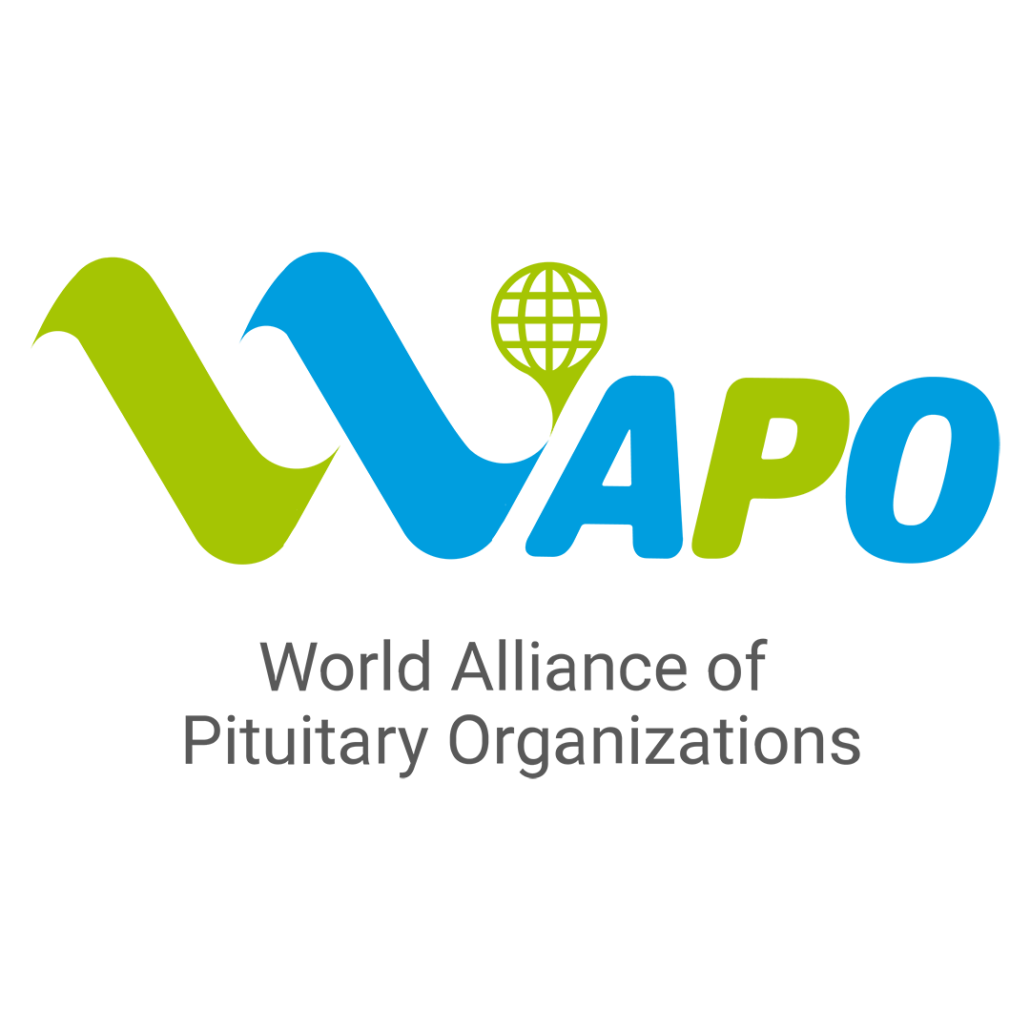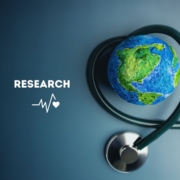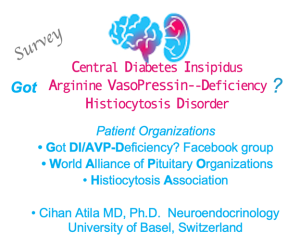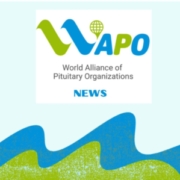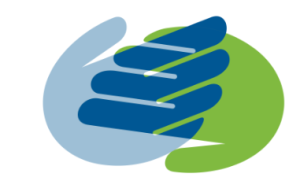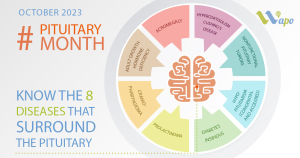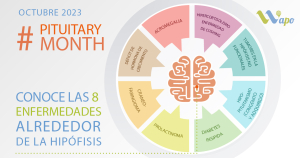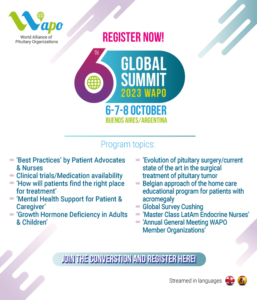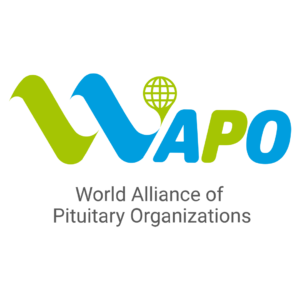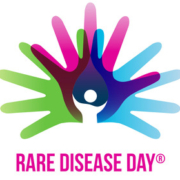International Hypothalamic-Pituitary Brain Tumors Patient Registry
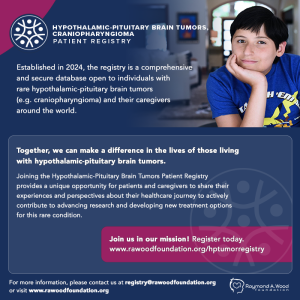
The Raymond A. Wood Foundation (RAWF), in collaboration with the National Organization for Rare Disorders (NORD®), is thrilled to announce the launch of the International Hypothalamic-Pituitary Brain Tumors Patient Registry. The registry provides a unique platform for patients worldwide to unite their voices and share essential information about rare hypothalamic-pituitary brain tumors, to advance research and guide the development of treatments for critical unmet needs of our community.
The web-based and secure registry consists of a series of longitudinal surveys to gather information from patients or caregivers/legal representatives on the natural history of rare hypothalamic-pituitary tumors, including demographics, health challenges, diagnoses, medical history, hunger behavior and other disease-related information.
RAWF is building the registry in stages around research projects. At this time, the registry is focused on craniopharyngioma and will include other hypothalamic-pituitary brain tumors in the future. The current registry study aims to collect data from patients or caregivers to better understand and characterize hunger, appetite and eating environment of individuals with craniopharyngioma, including hypothalamic obesity.
De-identified, aggregated data from the Registry will be shared with academic and industry collaborators conducting research and/or clinical trials on new therapies. Third parties will be granted access to de-identified Registry data according to the guidelines of the Hypothalamic-Pituitary Brain Tumors Patient Registry Advisory Board, and an independent IRB providing ethical oversight for Registry activities.
For more information on how to participate or learn more about the Hypothalamic-Pituitary Brain Tumors Patient Registry, visit https://hptumorregistry.iamrare.org or www.rawoodfoundation.org/HPTumorRegistry/.
Thanks in advance for your help in supporting our mission.

